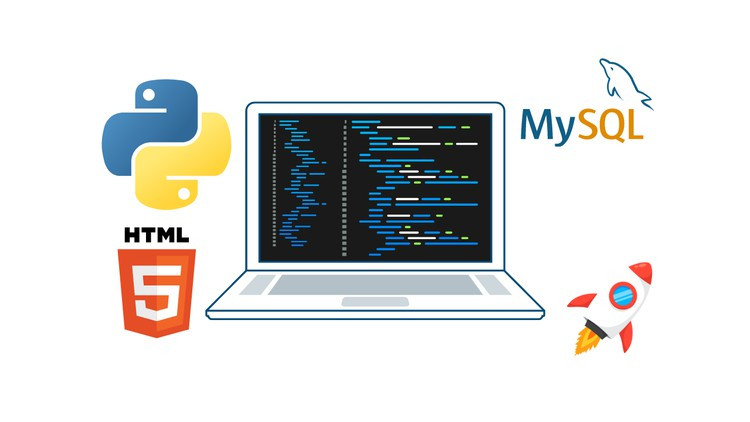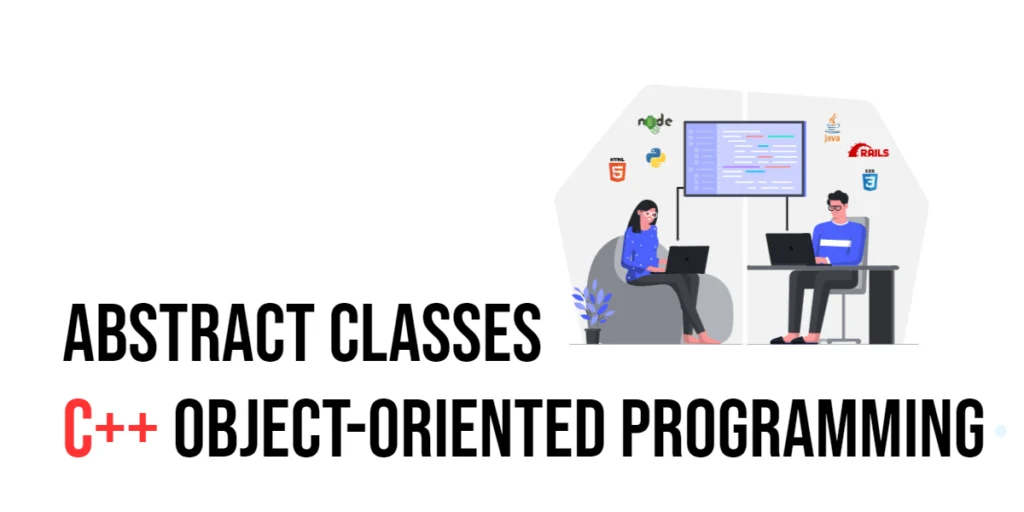When it comes to programming, especially in the world of C, understanding the fundamentals is key to becoming a proficient developer. One of these fundamentals is arithmetic operators, which play a crucial role in performing mathematical operations in C. In this article, we will explore C arithmetic operators, their types, and how to effectively use them in your programs.

with hands-on learning.
get the skills and confidence to land your next move.
What Are Arithmetic Operators?
Arithmetic operators are symbols used to perform mathematical operations on operands. In C, there are several arithmetic operators that enable you to carry out basic mathematical calculations, such as addition, subtraction, multiplication, and division. These operators are the building blocks of many algorithms and data manipulation tasks.
Here are the primary arithmetic operators in C:
Addition (+)
This operator is used to add two values together. For example, int result = 5 + 3; would assign the value 8 to the variable result.
#include <stdio.h>
int main() {
int result = 5 + 3;
printf("The sum of 5 and 3 is %d.\n", result);
return 0;
}Subtraction (-)
The subtraction operator is used to subtract the right operand from the left operand. For example, int result = 10 – 3; would assign the value 7 to result.
#include <stdio.h>
int main() {
int result = 10 - 3;
printf("The difference of 10 and 3 is %d.\n", result);
return 0;
}Multiplication (*)
Multiplication is performed using the asterisk (*) operator. For instance, int result = 4 * 6; would assign the value 24 to result.
#include <stdio.h>
int main() {
int result = 6 * 4;
printf("The product of 6 and 4 is %d.\n", result);
return 0;
}Division (/)
The division operator (/) is used to divide the left operand by the right operand. int result = 12 / 4; would result in result having the value 3.
#include <stdio.h>
int main() {
int result = 12 / 4;
printf("The quotient of 12 and 4 is %d.\n", result);
return 0;
}Modulus (%)
The modulus operator (%) returns the remainder when the left operand is divided by the right operand. For instance, int result = 15 % 4; would assign the value 3 to result.
#include <stdio.h>
int main() {
int result = 15 % 4;
printf("The remainder of 15 divided by 4 is %d.\n", result);
return 0;
}Operator Precedence
Understanding the precedence of operators is crucial when working with expressions that involve multiple operators. C follows a specific order of precedence to determine which operation should be performed first. Here’s a quick reference to the operator precedence in C, from highest to lowest:
- Parentheses () – Highest precedence
- Multiplication (*), Division (/), Modulus (%)
- Addition (+), Subtraction (-)
When operators have the same precedence, they are evaluated from left to right.
For example, consider the expression int result = 5 + 3 * 2;. According to operator precedence, the multiplication operation takes precedence over addition. Therefore, 3 * 2 is evaluated first, resulting in 6, and then the addition is performed, yielding a final result of 11.
#include <stdio.h>
int main() {
int result = 5 + 3 * 2;
printf("5 + 3 + 2 = %d.\n", result);
return 0;
}Using Arithmetic Operators in C
Let’s dive into some practical examples of using arithmetic operators in C to solve real-world problems.
Calculating Area and Perimeter of a Rectangle
#include <stdio.h>
int main() {
float length = 5.0;
float width = 3.0;
float area = length * width;
float perimeter = 2 * (length + width);
printf("Area: %.2f.\n", area);
printf("Perimeter: %.2f.\n", perimeter);
return 0;
}In this example, we use the multiplication operator to calculate the area and the addition and multiplication operators to find the perimeter of a rectangle.
Converting Temperature from Celsius to Fahrenheit
#include <stdio.h>
int main() {
float celsius = 25.0;
float fahrenheit = (celsius * 9 / 5) + 32;
printf("%.2f degrees Celsius is equal to %.2f degrees Fahrenheit.\n", celsius, fahrenheit);
return 0;
}Here, we use a combination of multiplication, division, and addition to convert temperature from Celsius to Fahrenheit.
Finding the Average of Three Numbers
#include <stdio.h>
int main() {
float num1 = 10.5;
float num2 = 15.0;
float num3 = 8.5;
float average = (num1 + num2 + num3) / 3;
printf("The average of %.2f, %.2f, and %.2f is %.2f.\n", num1, num2, num3, average);
return 0;
}In this example, we use both addition and division operators to find the average of three numbers.
The Role of Arithmetic Operators in Everyday Life
Arithmetic operators are not just abstract symbols; they are essential tools that we use daily, often without even realizing it. Here are some common scenarios where arithmetic operators come into play:
Budgeting
Whether you’re managing your personal finances or handling the budget for a large organization, addition and subtraction are crucial for balancing income and expenses. Arithmetic operators help you track where your money is coming from and where it’s going.
Shopping
When you go shopping, you use addition and subtraction to calculate the total cost of items in your cart, apply discounts, and determine the final amount you need to pay.
Cooking
In the kitchen, multiplication and division are at work when you adjust recipes, scale ingredients, or convert units of measurement. For example, if a recipe calls for 2 cups of flour but you only have 1/2 cup, you’ll use division to calculate how much you need to scale down the other ingredients.
Time Management
Arithmetic operators are also essential for managing time. You use addition and subtraction to calculate how much time you have for tasks, set alarms, and plan schedules.
Travel Planning
Whether you’re calculating distances, travel times, or currency conversions, arithmetic operators help you make informed decisions when planning a trip.
Education
From basic arithmetic in elementary school to complex mathematical equations in higher education, arithmetic operators are the building blocks of mathematical understanding.
Conclusion
Arithmetic operators are fundamental to C programming, enabling you to perform a wide range of mathematical calculations. Understanding their types, precedence, and proper usage is essential for writing efficient and bug-free C code. Remember to use parentheses to clarify the order of operations, and be cautious about potential overflow and underflow conditions. With this article, you are well on your way to mastering C arithmetic operators and becoming a more proficient C programmer.
I hope you found this article informative and useful. If you would like to receive more content, please consider subscribing to our newsletter.







